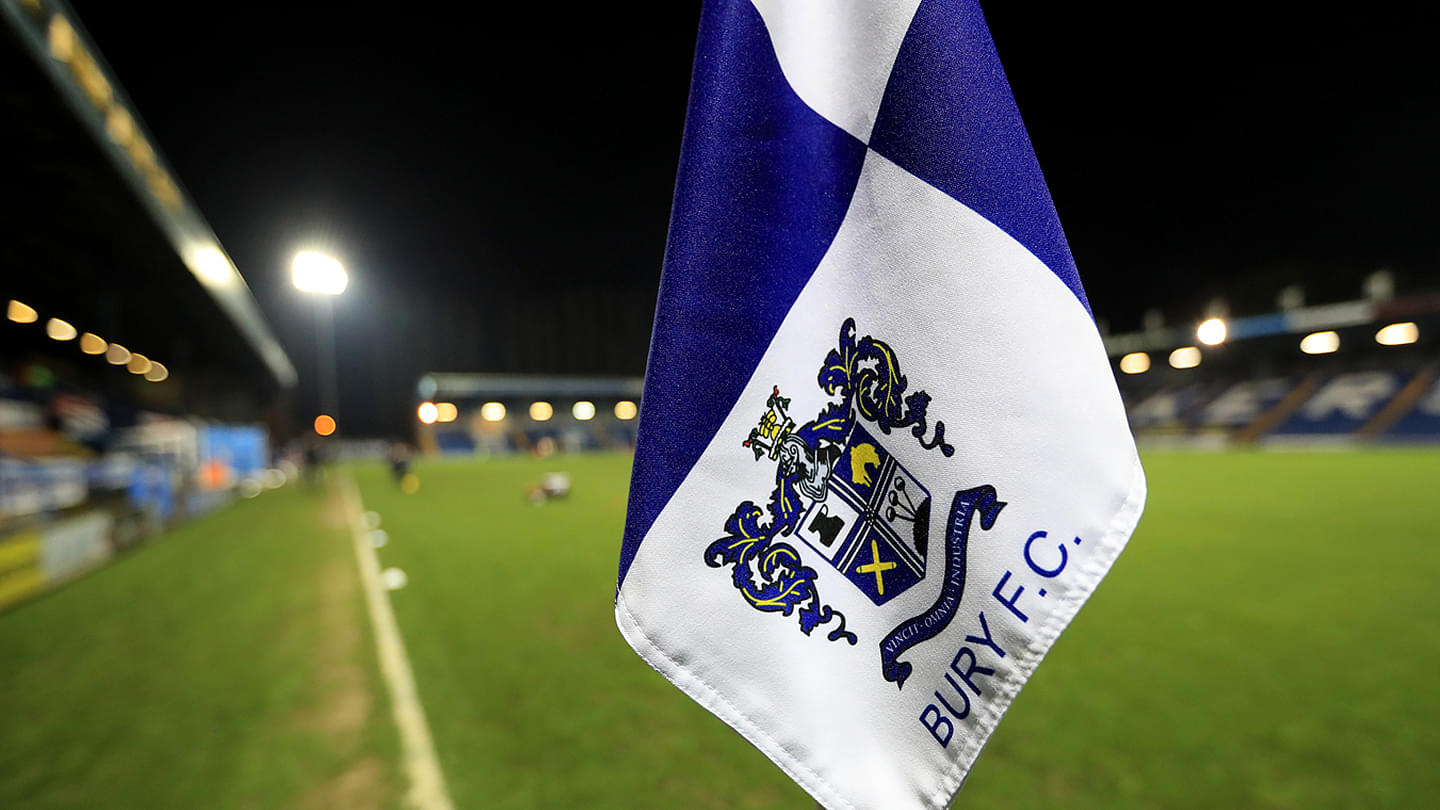Bury FC have been liquidated over financial problems faced over the last few years.
As big money spending continues to dominate the headlines, there are worrying stories emerging from the other end of the financial side. Recent Insider media indicates that the number of football clubs in financial distress has increased this year in the English top-flight league. It was reported that just 1% of clubs struggle from financial problems in 2018, but there’s a dramatic increase of 7% since the last year, but the figures could be significantly higher.
The recent liquidation of Bury FC have drawn focus towards the administrative problems the club has suffered over the last few years. In the North West, former Premier League club Bolton Wanderers have been given 14 days to find a potential suitor in order to abscond from a catastrophic situation.
So, what does it mean for a football club to go into administration? As a football club is a business, there is not much variance from corporate insolvency.
What is Administration?
When a company can no longer pay the bills, the club enters into the administration. When the club is in administration, all control of the company is passed to the administrator. Essentially creditors can’t take action against the club as there is then a statutory moratorium in place – like an embargo on anyone taking legal action against the club.
What is the administrators’ job?
In spite of the representatives of the club, administrators will run the whole club apart from the on-field happenings. Administrator’s role is to try and stop the company from getting liquidated, which certainly did not happen in Bury’s case because of their failure to sell the club or by selling some of their assets. It could include players, grounds, training grounds, or merchandise.
Similar to the company’s administration, there is a hierarchy of creditors who will be paid in sequence order. However, companies must pay preferential creditors first, but it’s totally different in football’s case as Football Super Creditors will receive the money first. They are
- Players
- Managers
- Other Football Clubs
- The Professional Footballers Association (PFA)
- The Football League
- The Premier League
If it is found that the companies do not have enough assets to sell, the company can be closed through liquidation. Bury are the latest club to suffer, but the likes of Chester, Scarborough, and Darlington have been shut down before. But, the clubs can kick start their new life with a slight change in their name, as Chester and Scarborough have renamed to Chester FC and Scarborough Athletic FC.
What are the possible punishments if a club enters into administration?
Entering into the administration is the last thing that needs to happen to a club, not just because the club would be forced to sell their star players, but they could also face points deductions in the league. Currently, a club can be deducted as many as 12 points should they enter into administration. This points deduction is used to preserve the integrity of the league and act as a deterrent to clubs entering administration to clear their debts without any real repercussions.
Can clubs survive after administration?
Administration will not draw curtains to a club. Southampton and Huddersfield Town have experienced this stage following financial difficulties. The Saints went through administration in 2009 after suffering relegation to the third tier of the English football and Huddersfield went into administration in 2003. Both clubs have escaped from this situation and have enjoyed their football in the Premier League.

